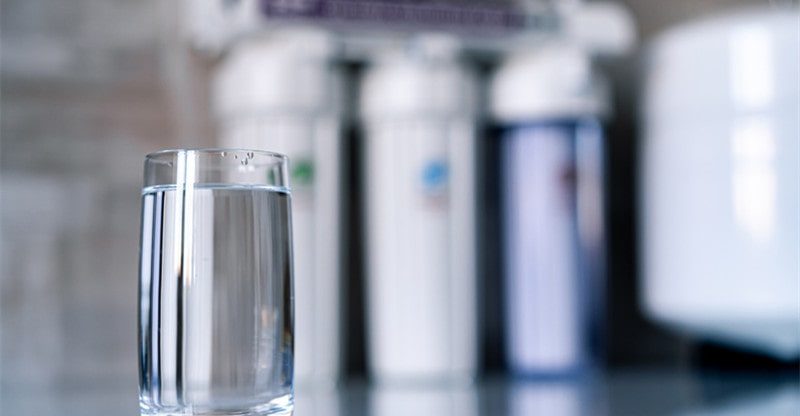How To Choose The Right Home Water Filtration System
All the water that we drink will have some chemicals and contaminants in it, no water is truly 100% pure. However, in some places it is more contaminated with harsh microorganisms and chemicals than others, this is where filtration comes in.
There are so many filtration systems out there, it is hard to know where to begin when you are looking for one! You can seek out a water filter faucet for your home, or may seek out carbon filter tanks, it depends on your situation and personal choice.
If you googled to find the best system, you would be overwhelmed with options, and you would not know what to choose. So, instead of leaving you to do that, we will help you decide which system is the system you need for your home!
How Do I Choose?
The first thing you need to do is to determine the quality of your water and what you need to do to filter it out. You need to figure out if it has certain contaminants such as lead and fluoride, or does it maybe just not have the best taste or smell?
So, you should have your water tested, you could also get a testing kit. However, if you do, you should make sure that it will test for lead. Lead is one of the substances that could be in your water that you need to ensure is not present.
You should also try to determine the capacity for the people who will be using it in your home and how much you will need to filter every day.
Also consider if you just need to filter the water that you drink, or if you need to filter the water you use for cooking, bathing and so on.
Do not forget to consider all the features that a system will come with and if these will be useful in your home. Check here for more Waterdrop under sink water filter systems.
Things That You Should Consider
Do not forget that there are various options of water filtration systems available. You should consider effectiveness, costs, and the uses each system has. Some will be more effective for some people than others will be.
Some filters may remove everything whereas other filters will only remove particular substances from the water, so you should be certain to check which one is the right one for your situation in particular.
What Are The Options?
There are three primary options you will have for a water filter in your home. All of these will have their own benefits and flaws, some will be more effective for certain situations than others.
So, let’s take a look at these.
Activated Carbon Filtration
These systems have natural carbon materials which are usually porous. Should you choose to use this system you should check that it is efficient for your purpose.
Some of these filters will only get rid of bad odors, tastes, and chlorine from your water. Others can get rid of other things as well such as radon, or VOC organic compounds.
Carbon filters won’t work for heavy metals, chromium, and fluoride as well as others. This is like a basic version for the most minimal requirements.
Ceramic Filtration
Ceramic filters will have small holes that allow water to get through them, but they will filter other particles as well. They are very good at removing bacteria and such from the water, but they will not take chemicals or viruses out.
If your ceramic filter has silver embedded in it, then it will also help in the prevention of algae and bacteria growing.
The best thing about these filters is that they can last years!
Distillation Filtration
This is another easy way to filter your water, although time-consuming. Distillation is just when you boil the water, collect the steam and leave all contaminants behind.
This means you get rid of bacteria, viruses and such. However, VOC’s have a much higher boiling point, so you will still not be rid of them.
This is very time-consuming though, but these systems can often come with carbon filters which will leave pure water behind.
Reverse Osmosis Filtration
This is probably the most effective on our list. It will force the water through a membrane that blocks out any particles in the water that are bigger than water particles. This can block viruses, lead, bacteria, arsenic and so on from contaminating your water.
This will still not work on VOCs and chlorine, but if you get one with a carbon filter then it will.



